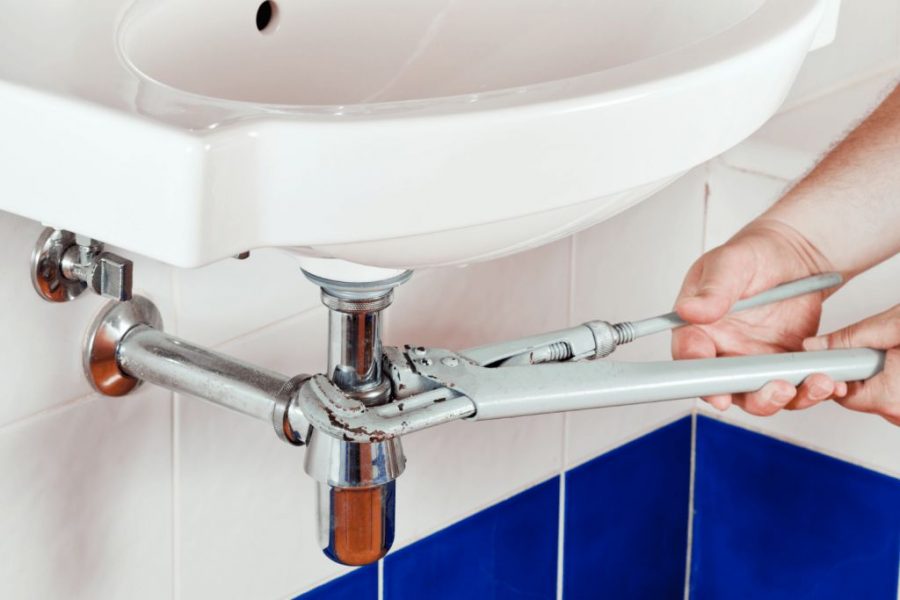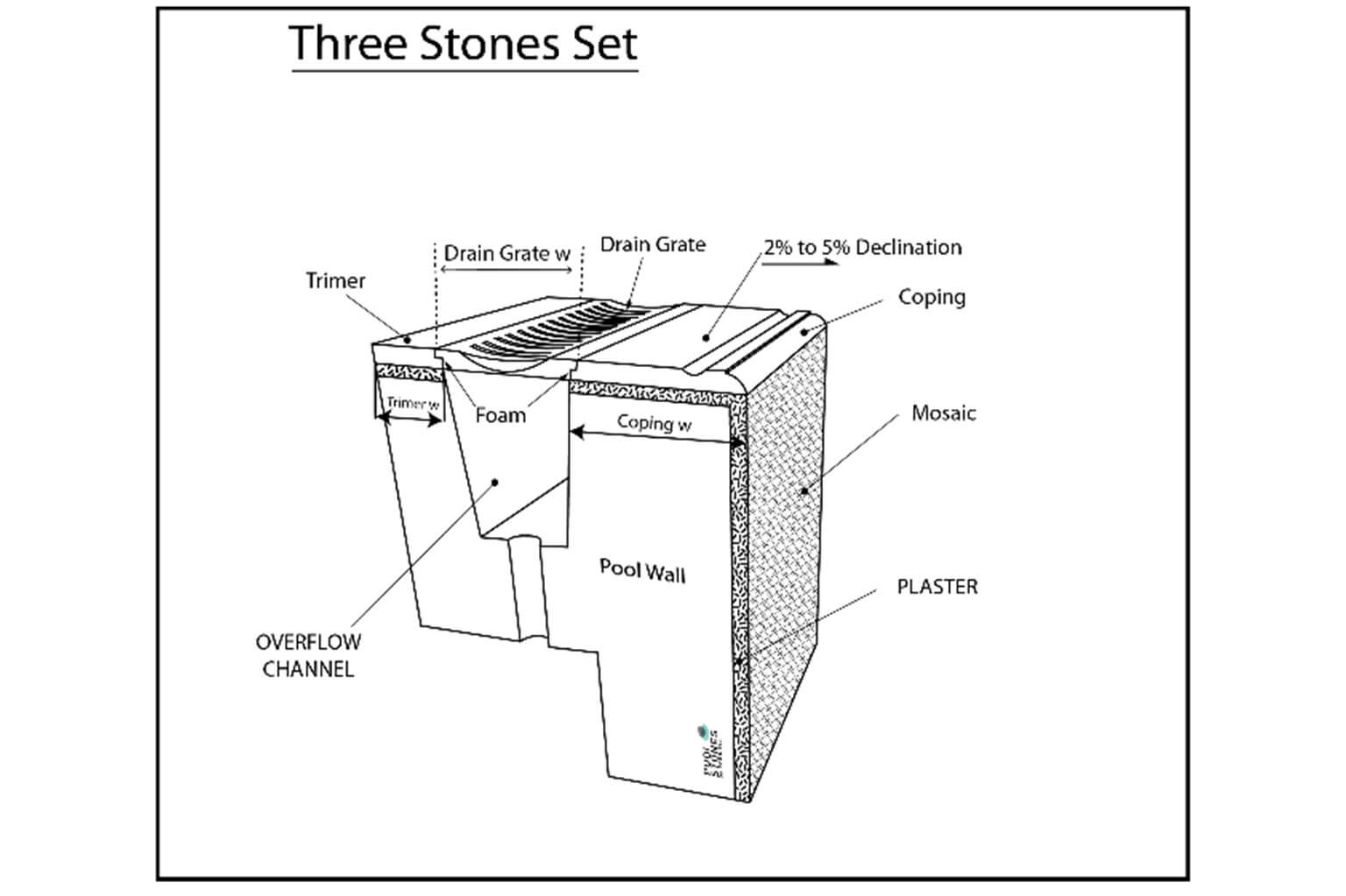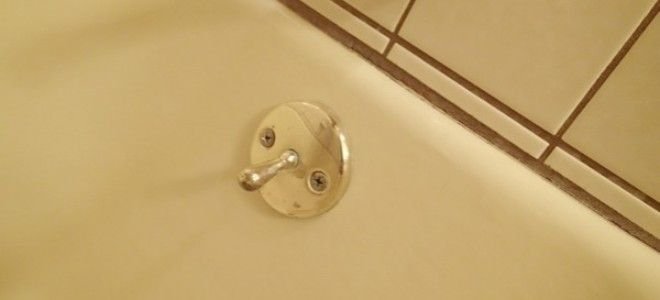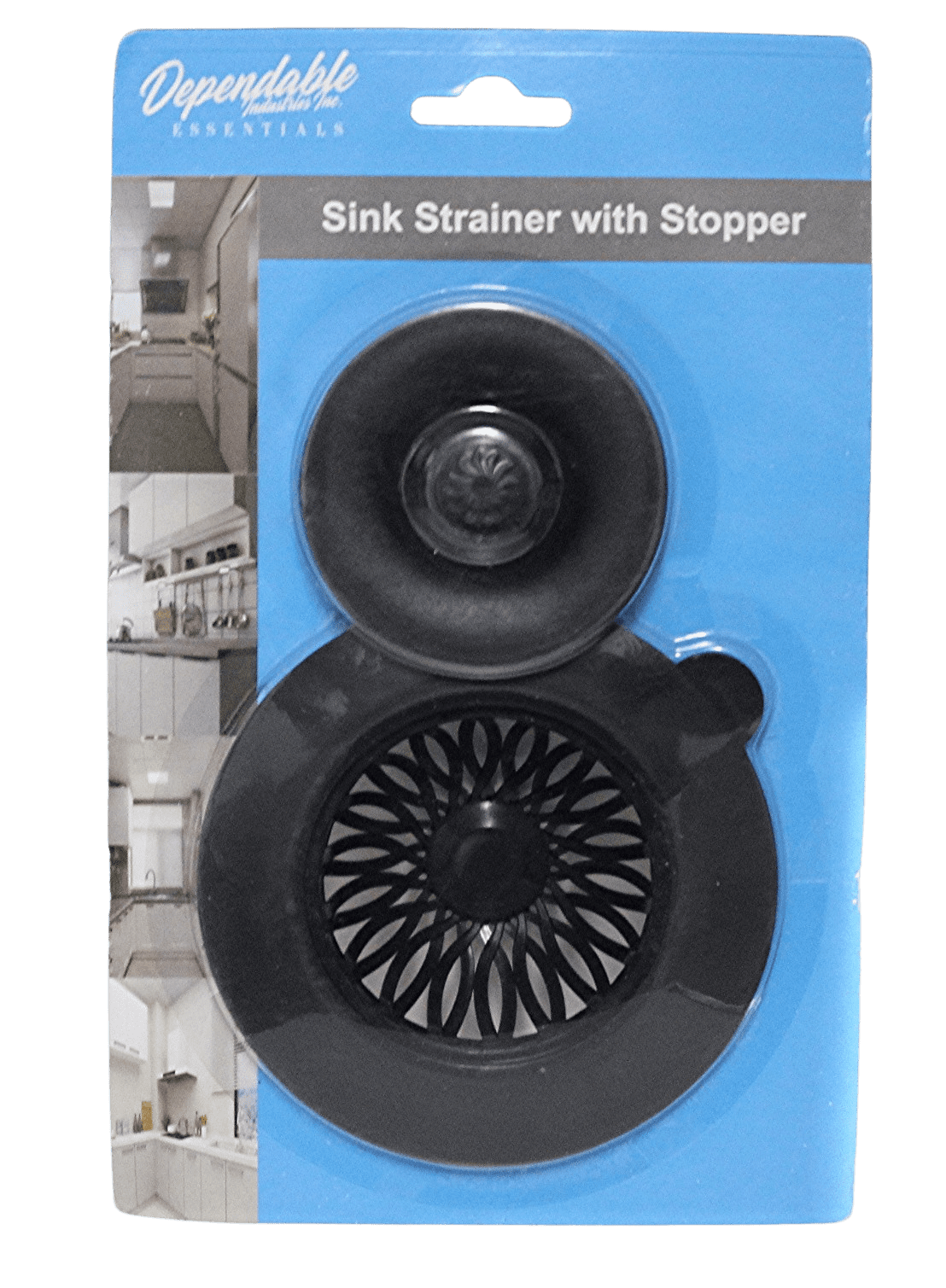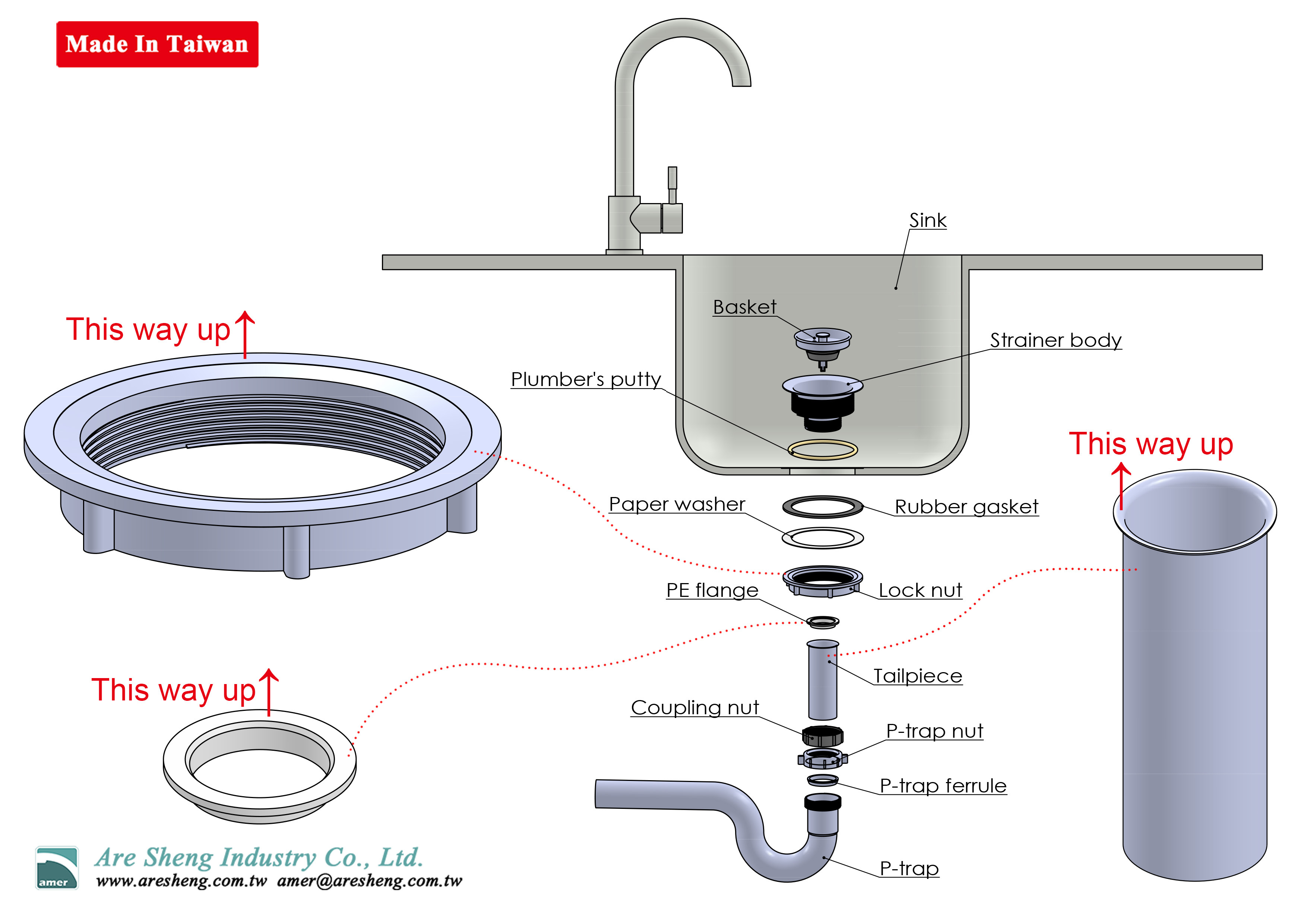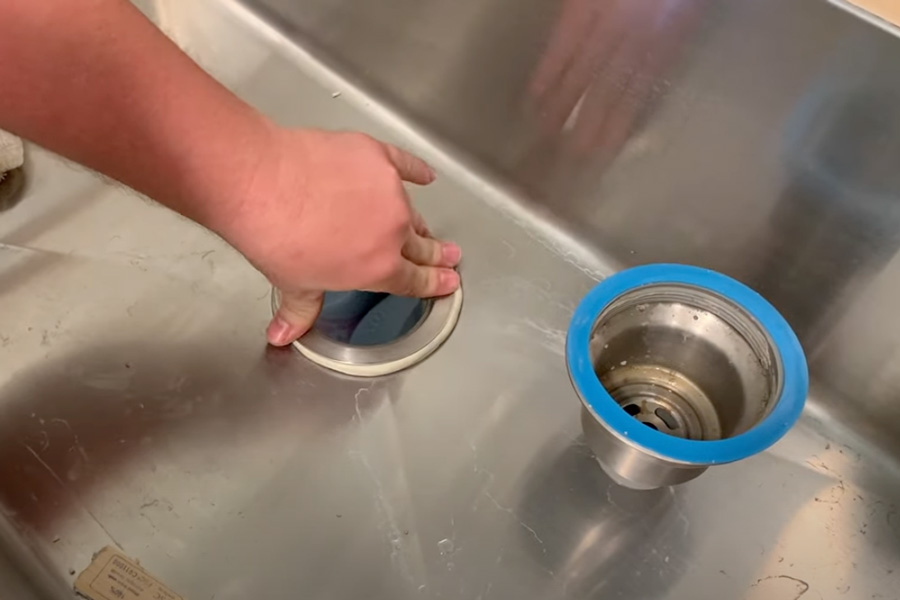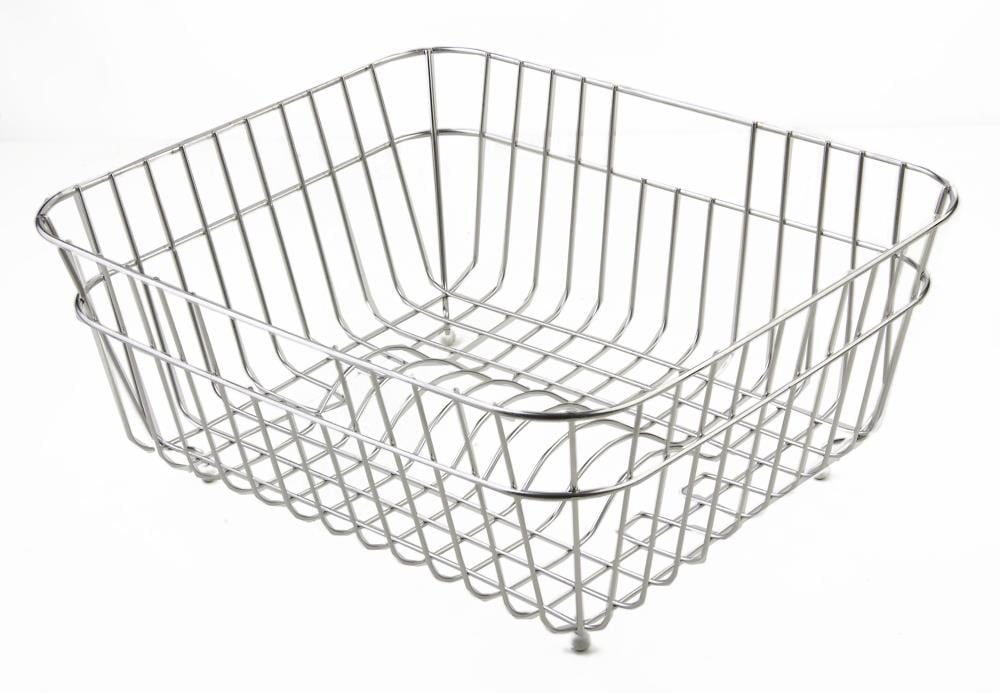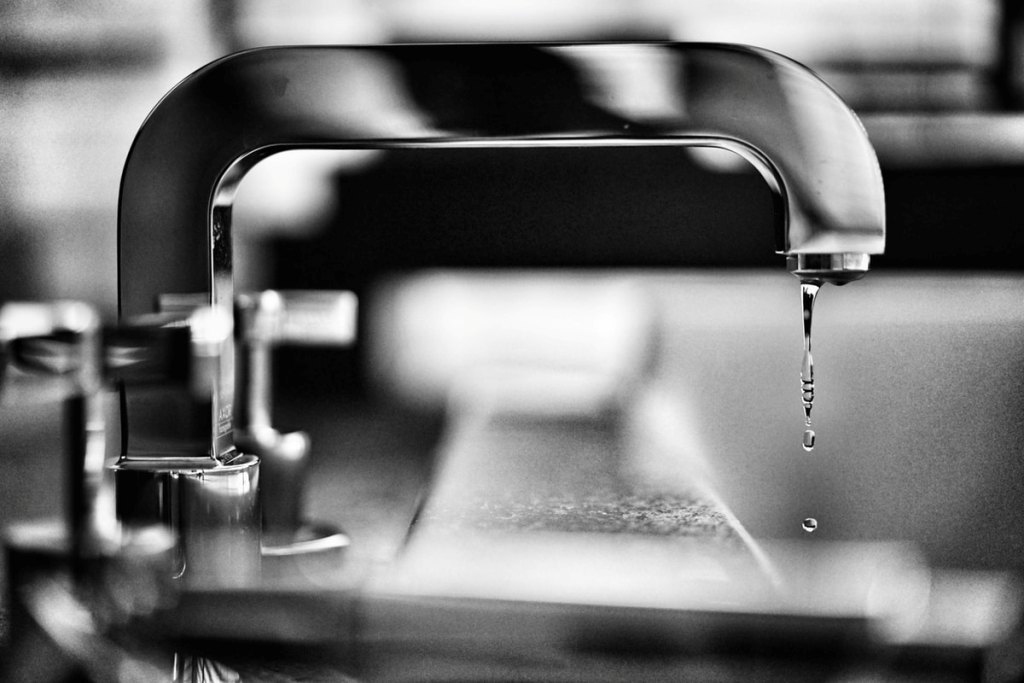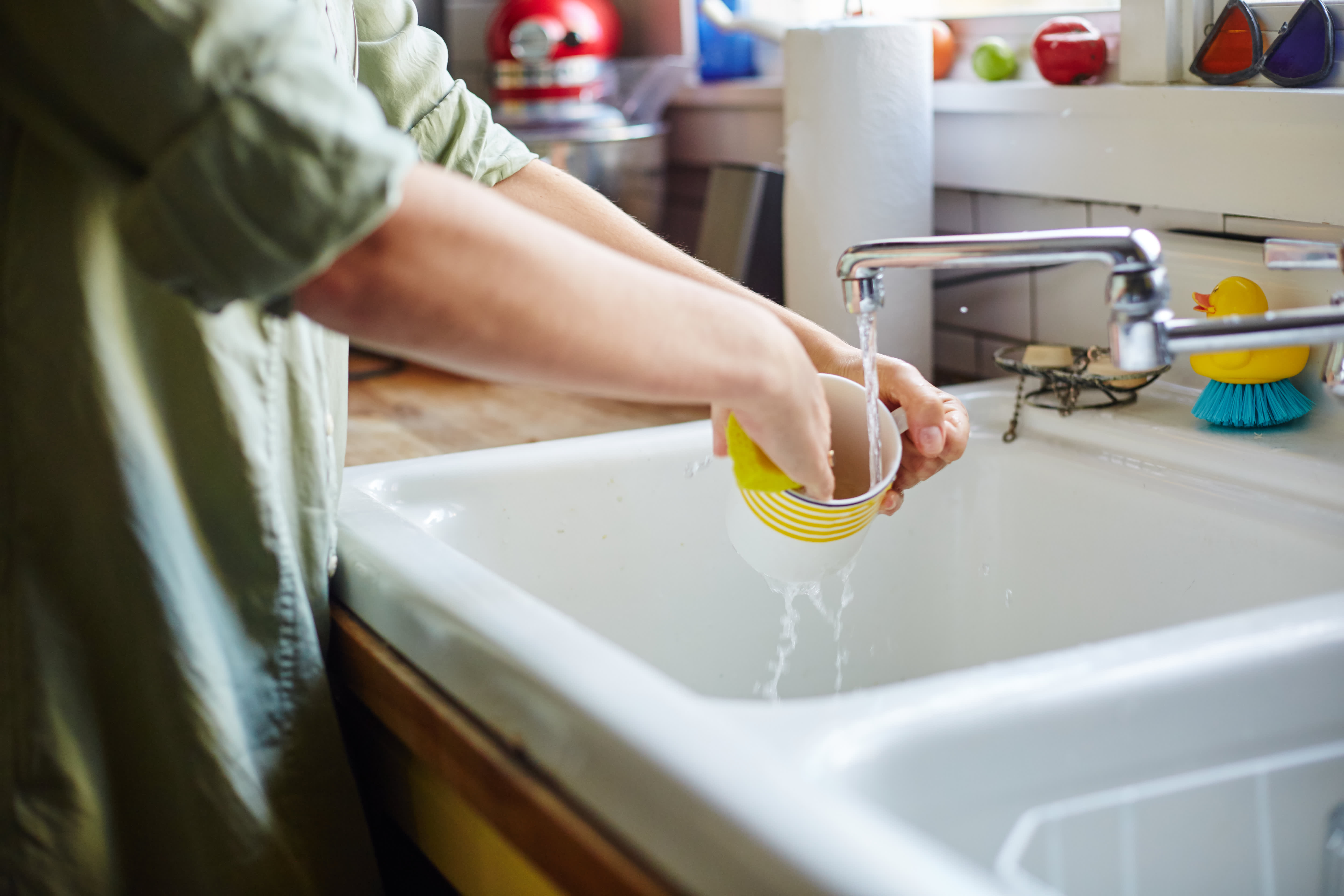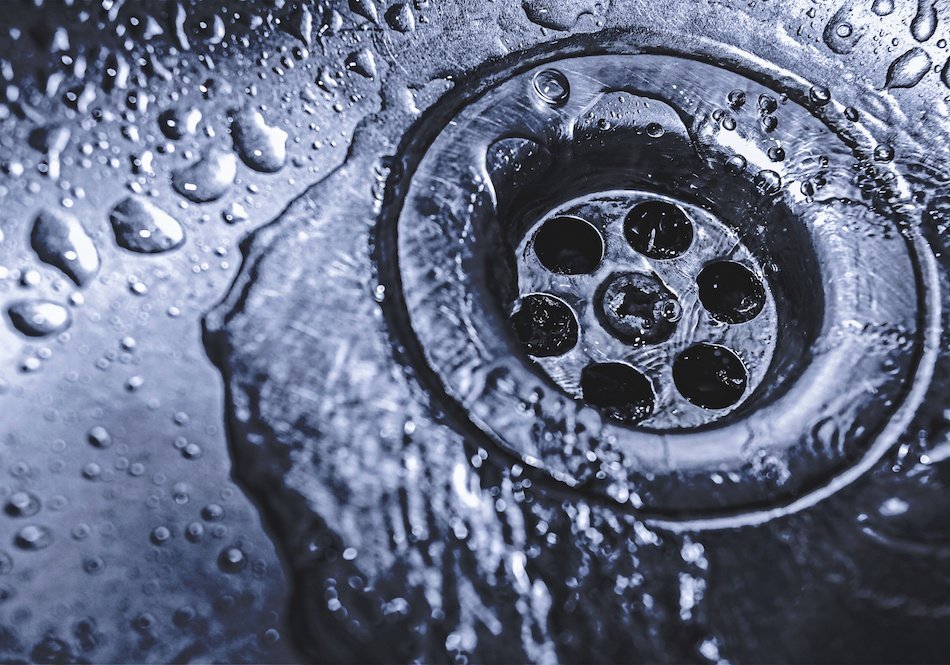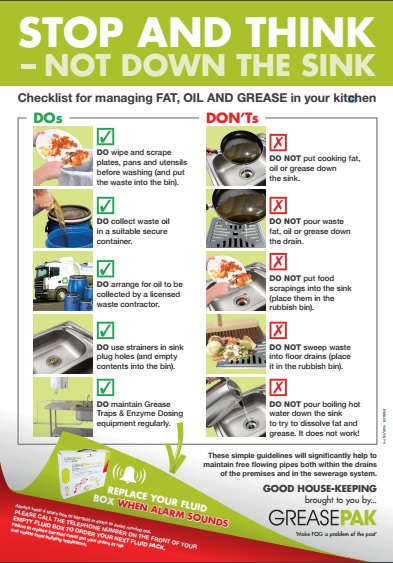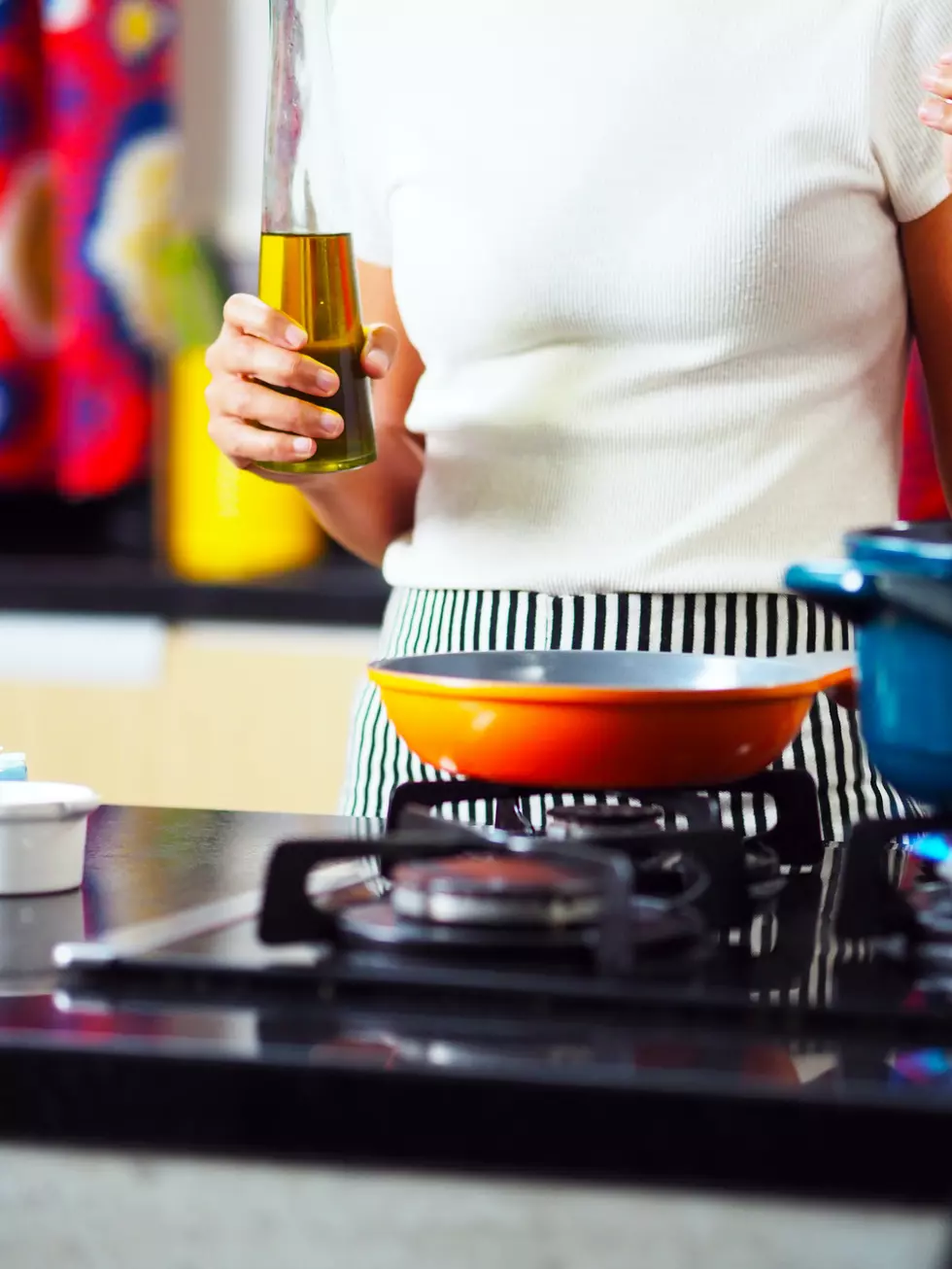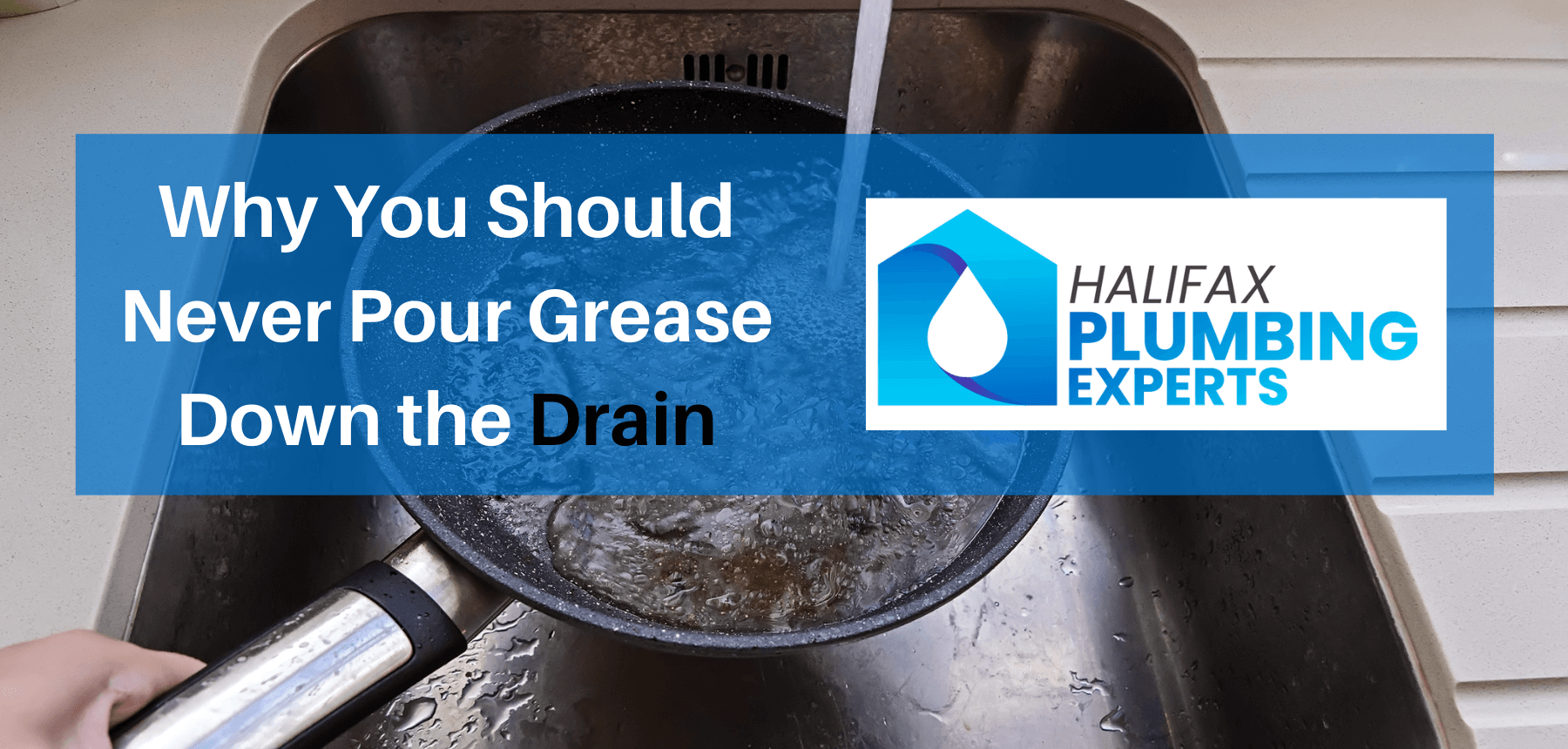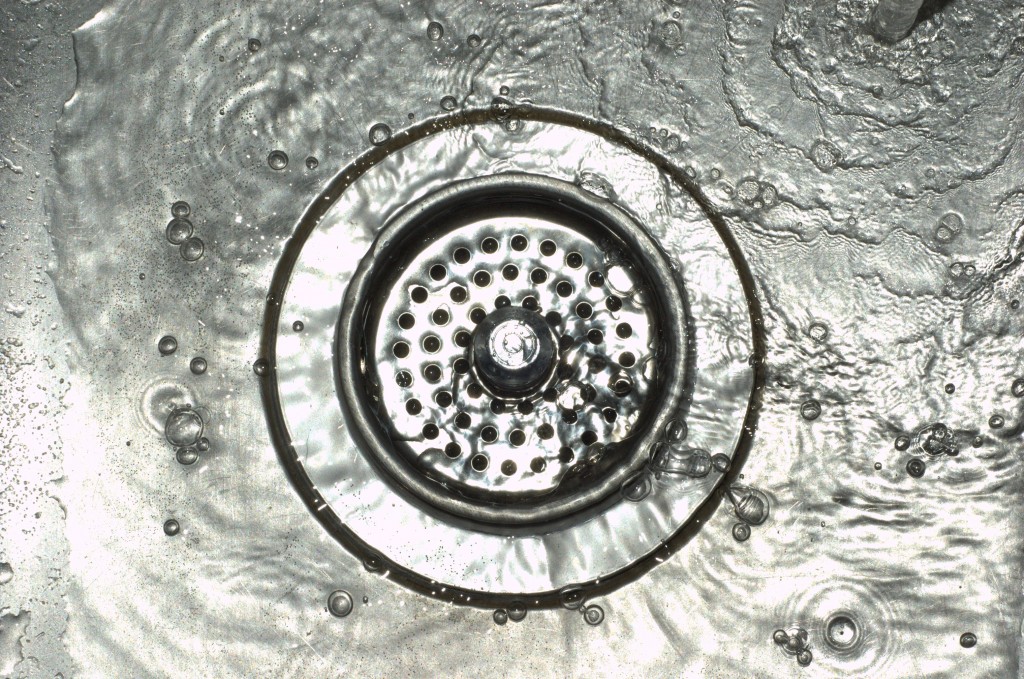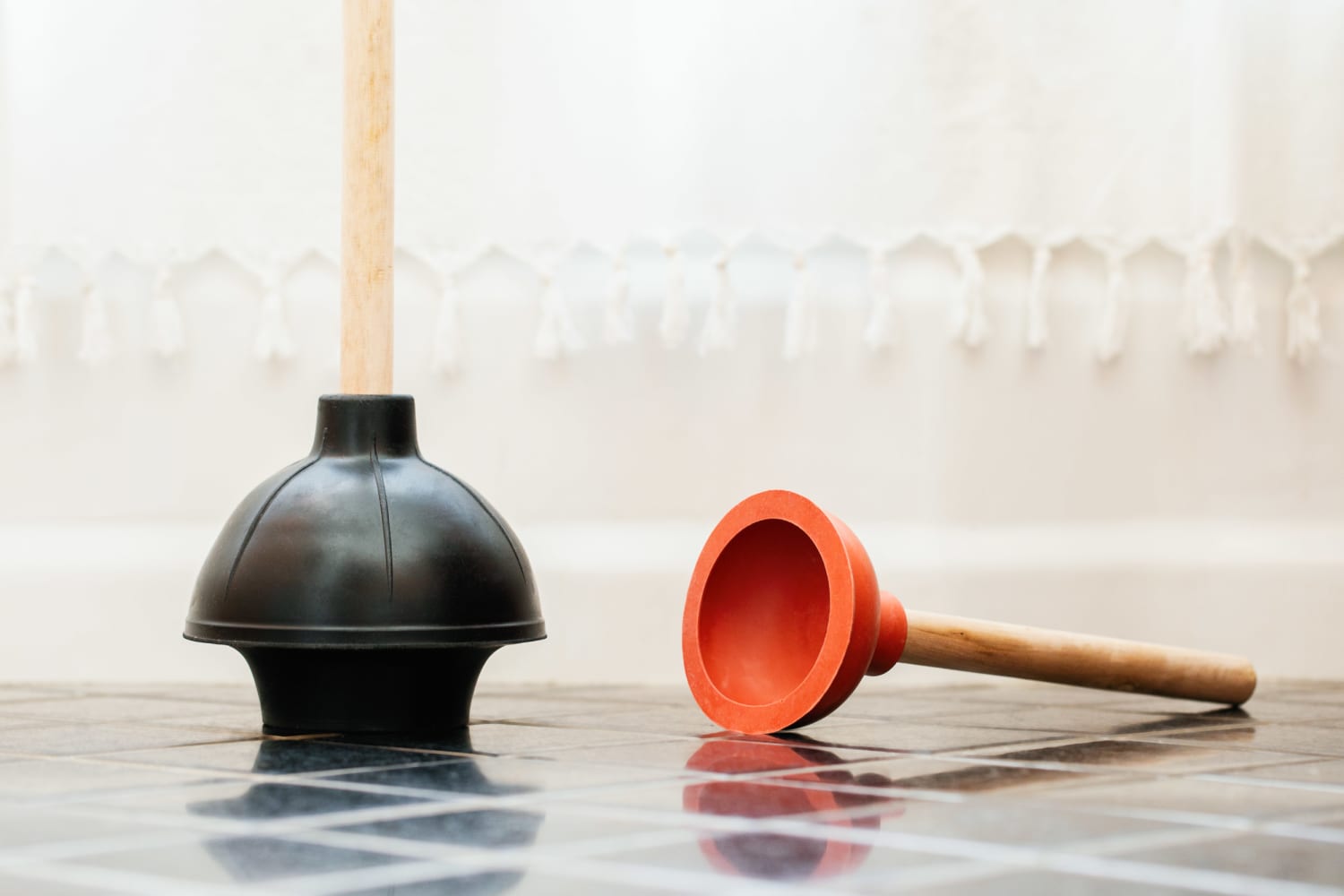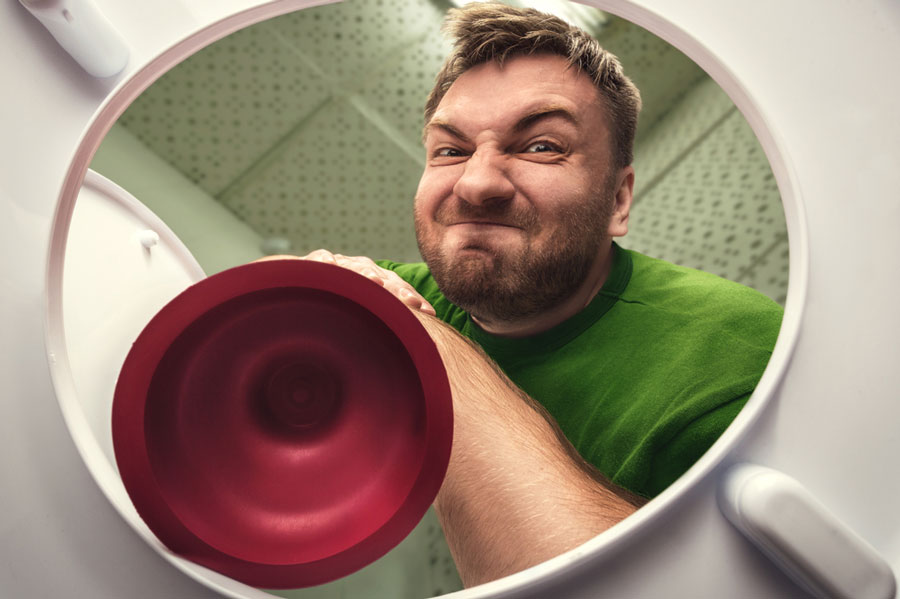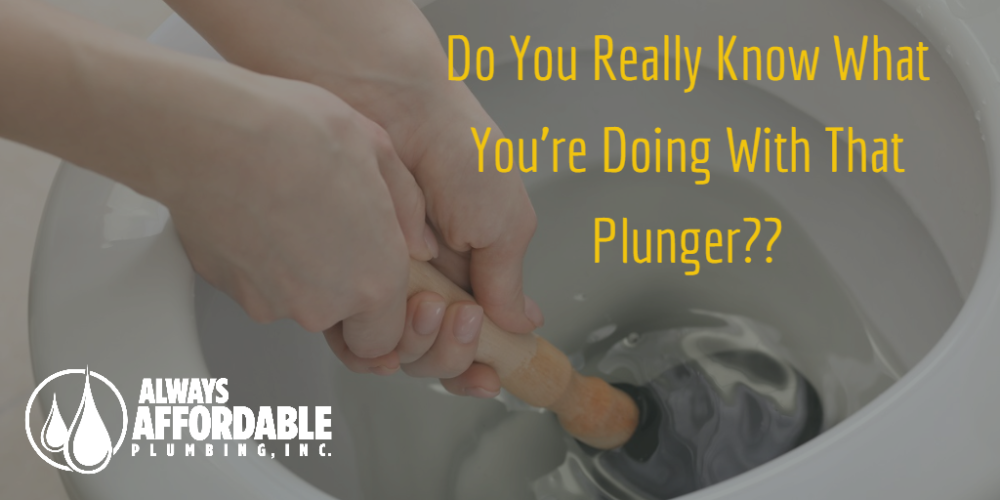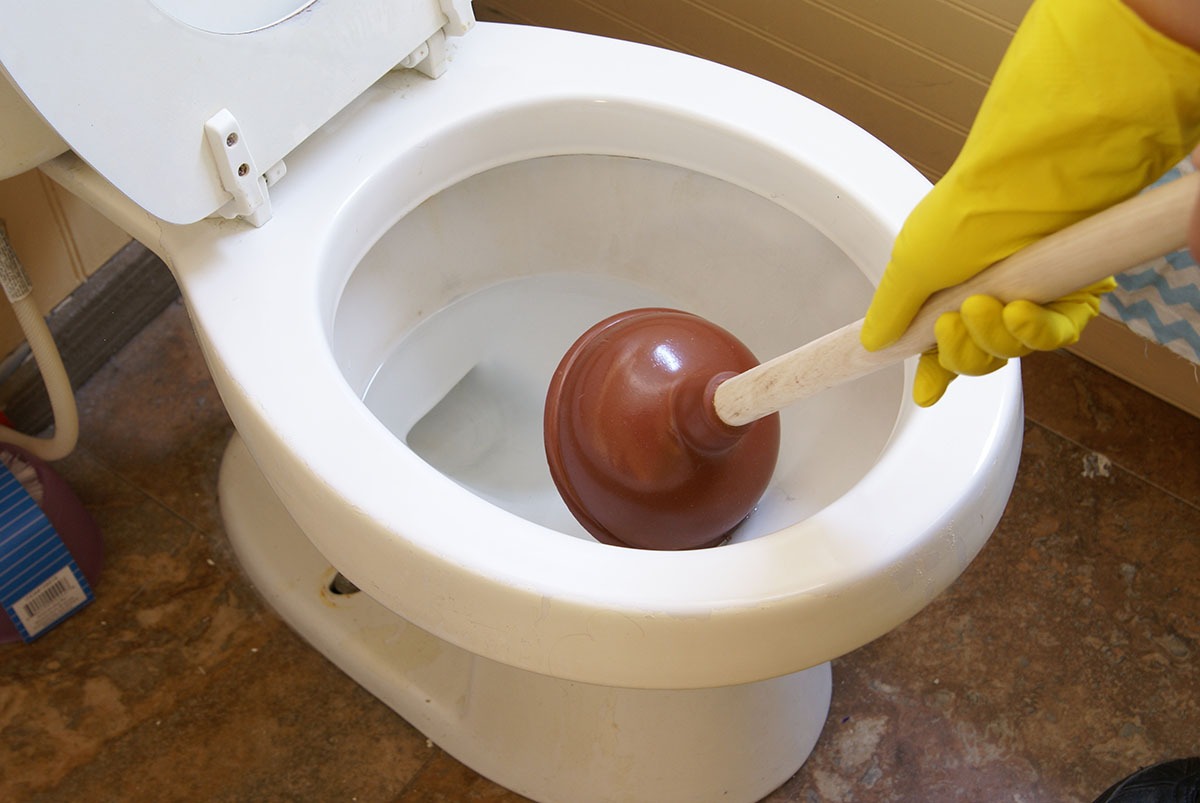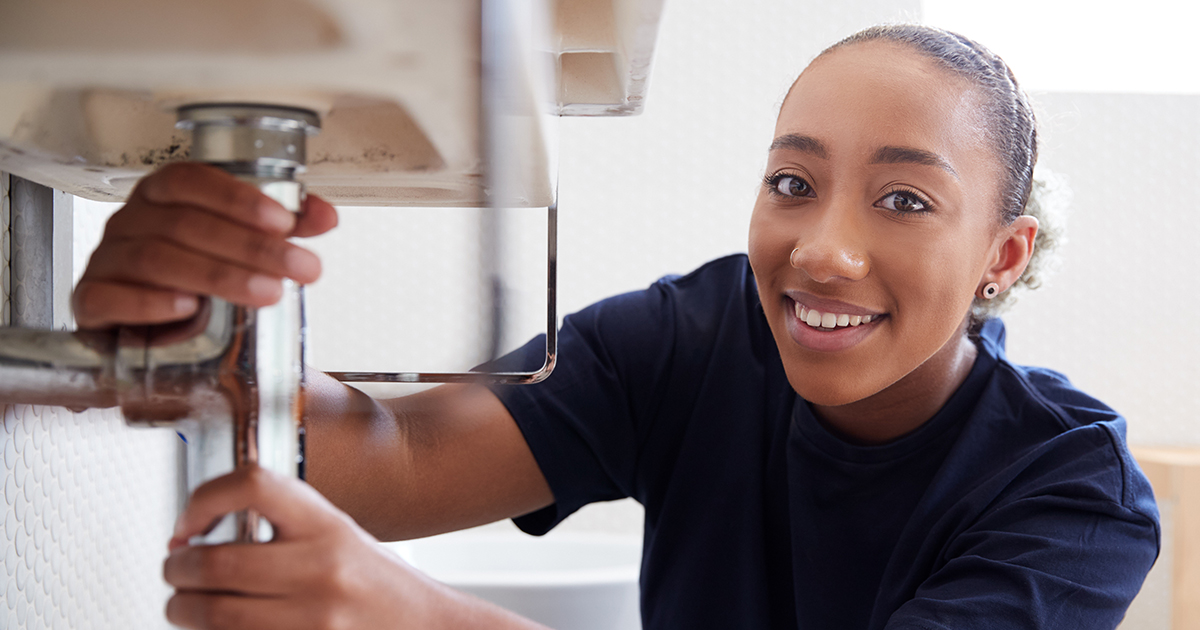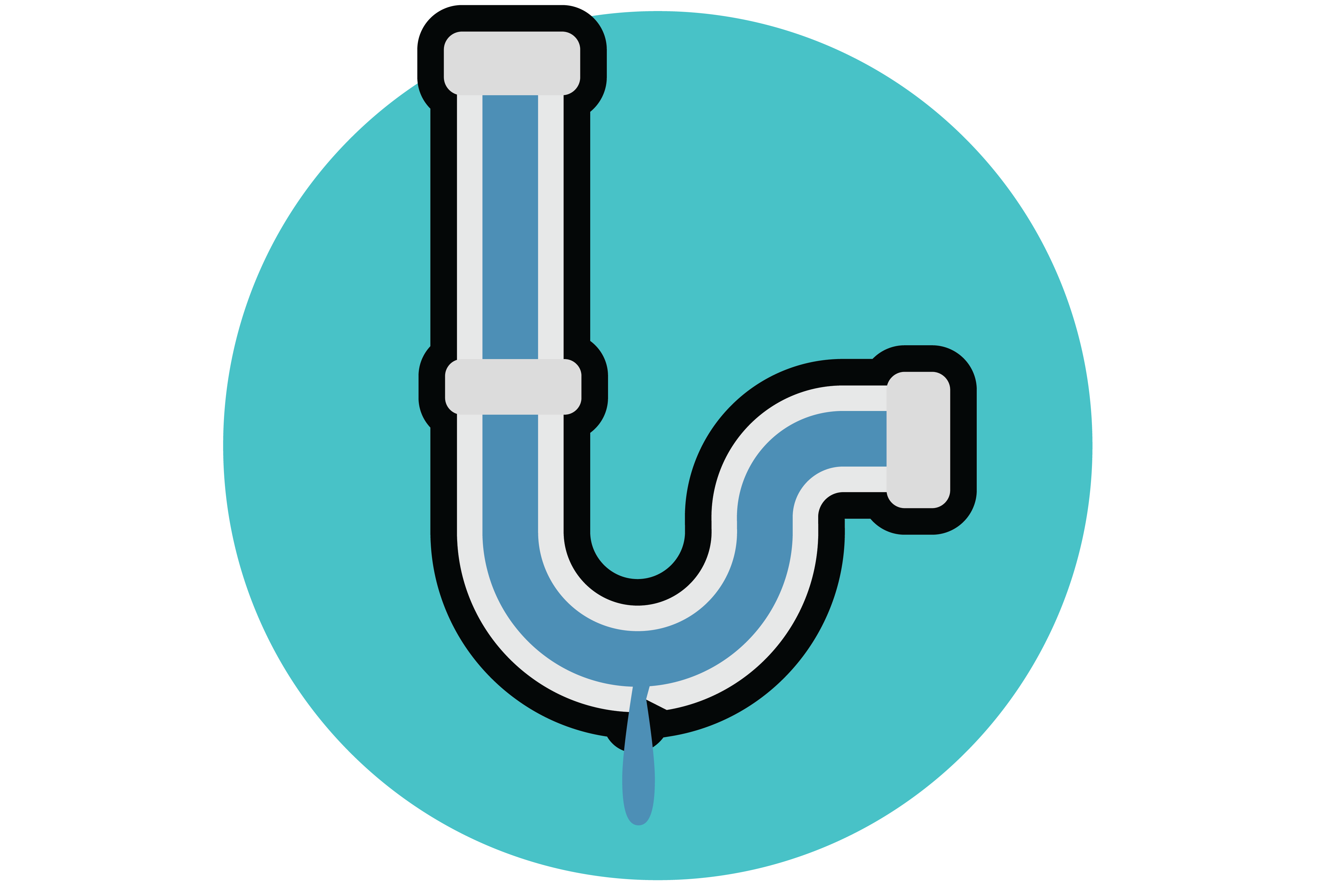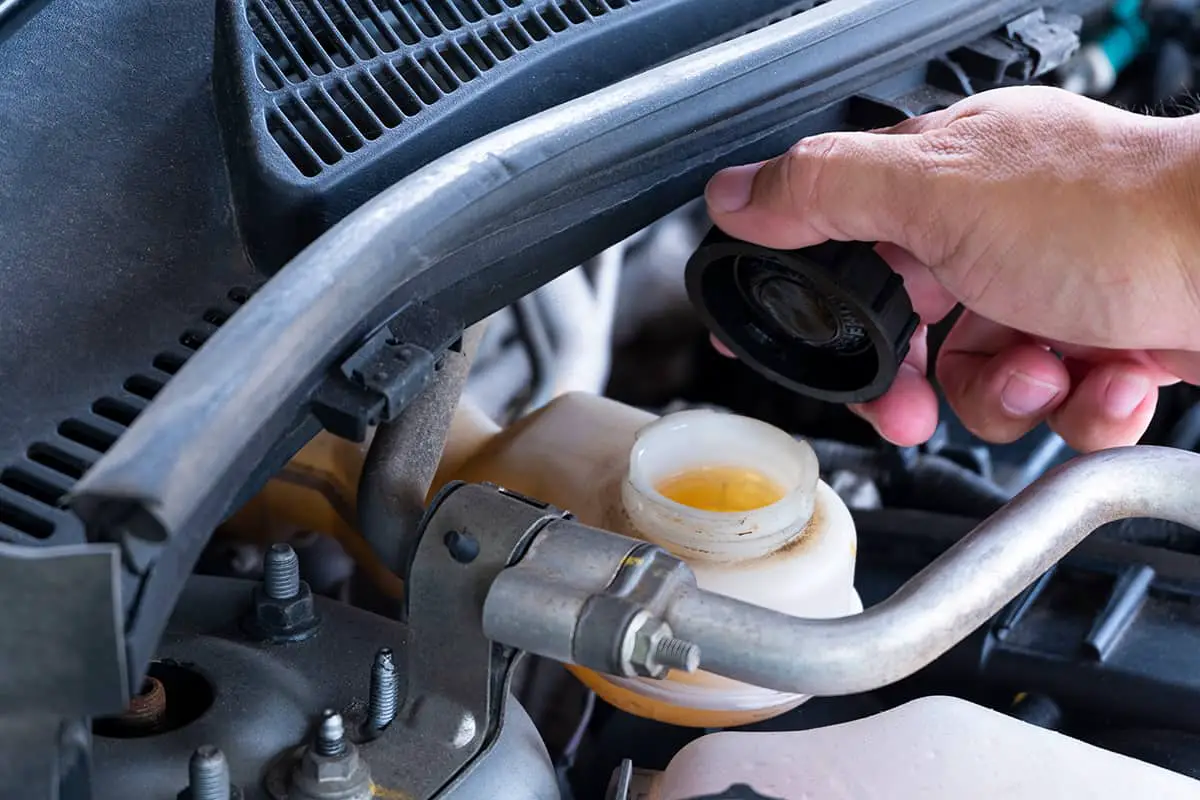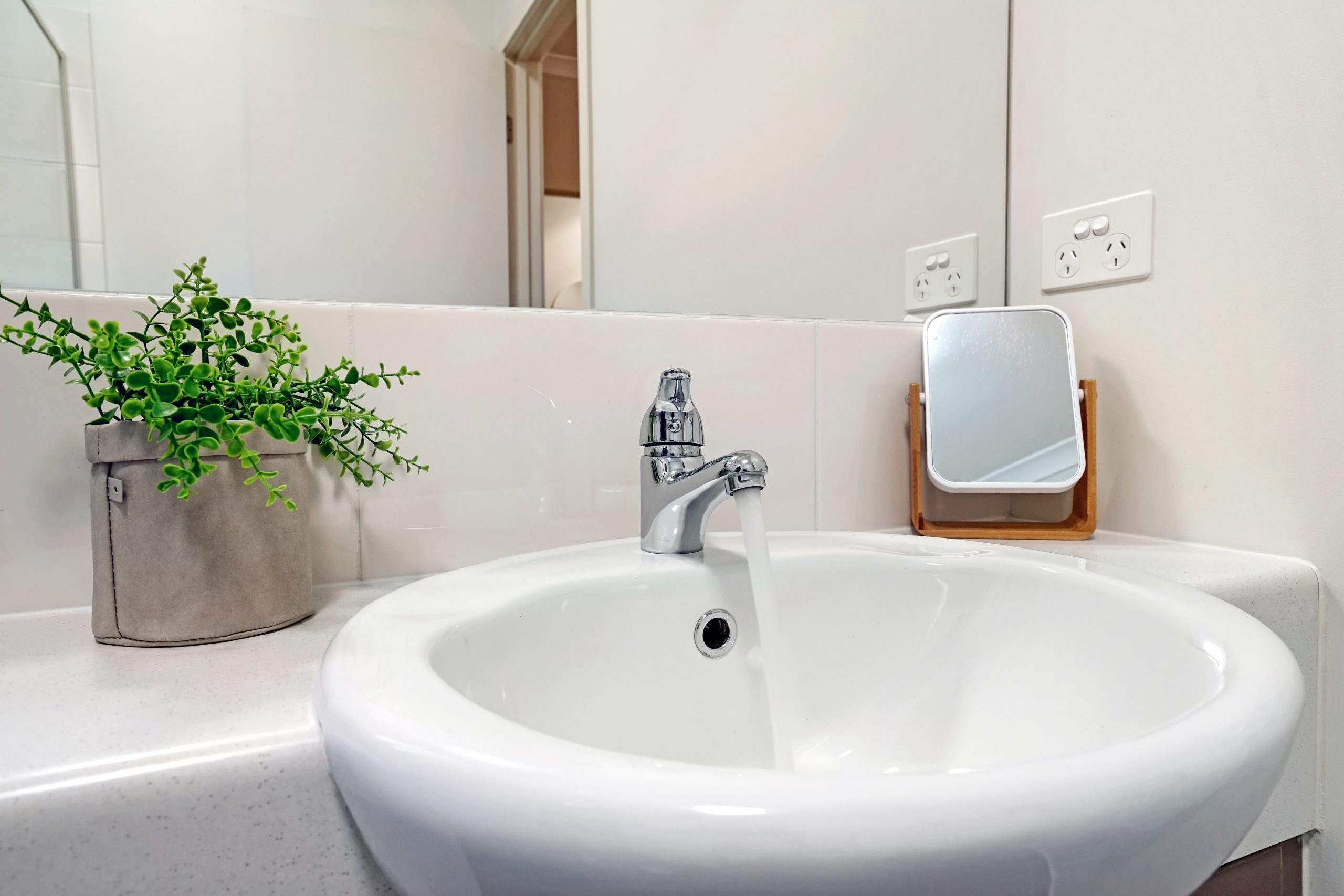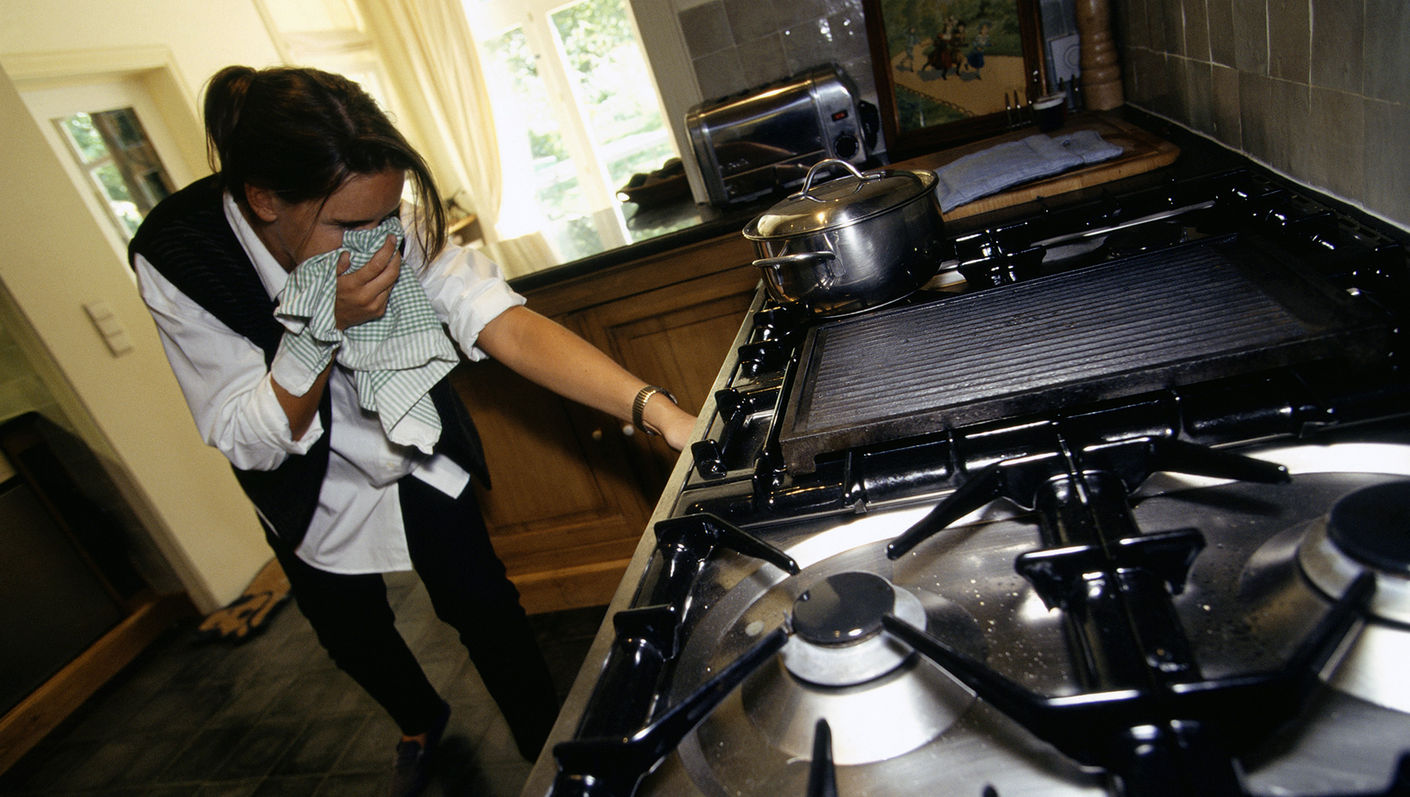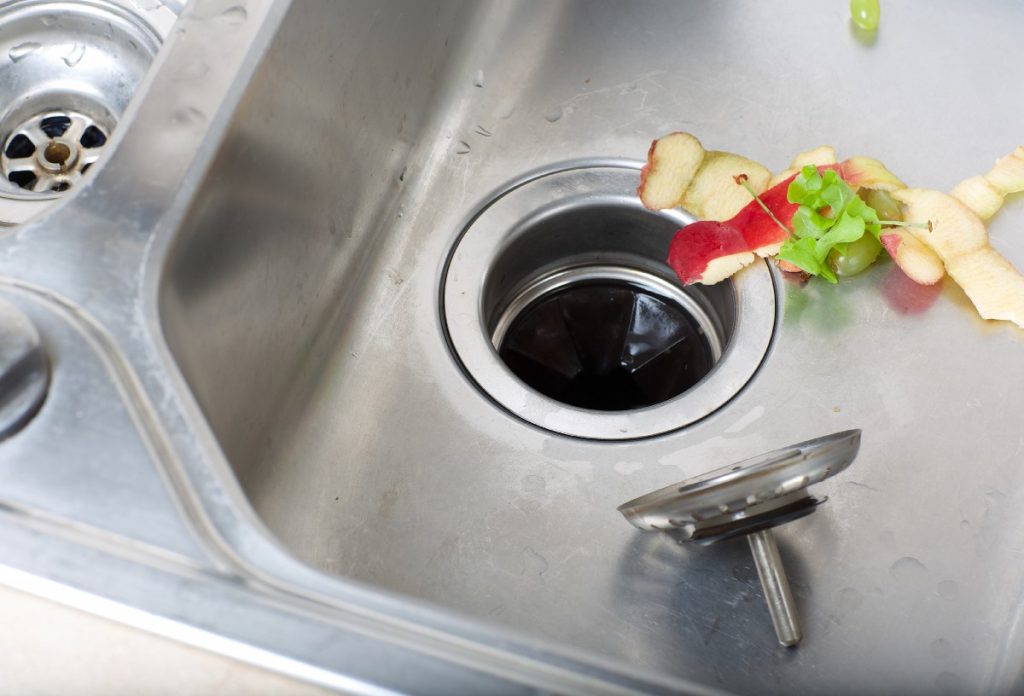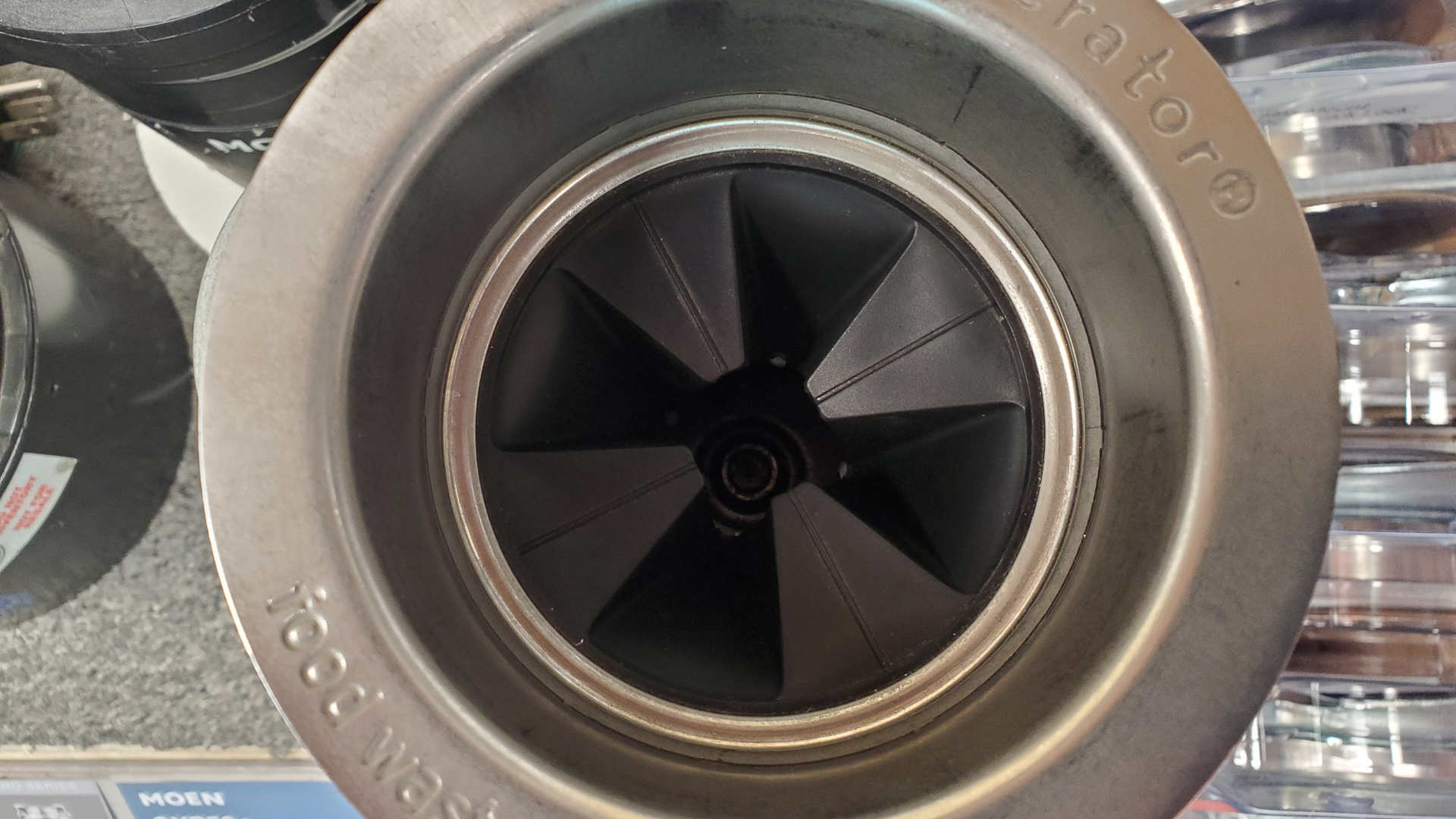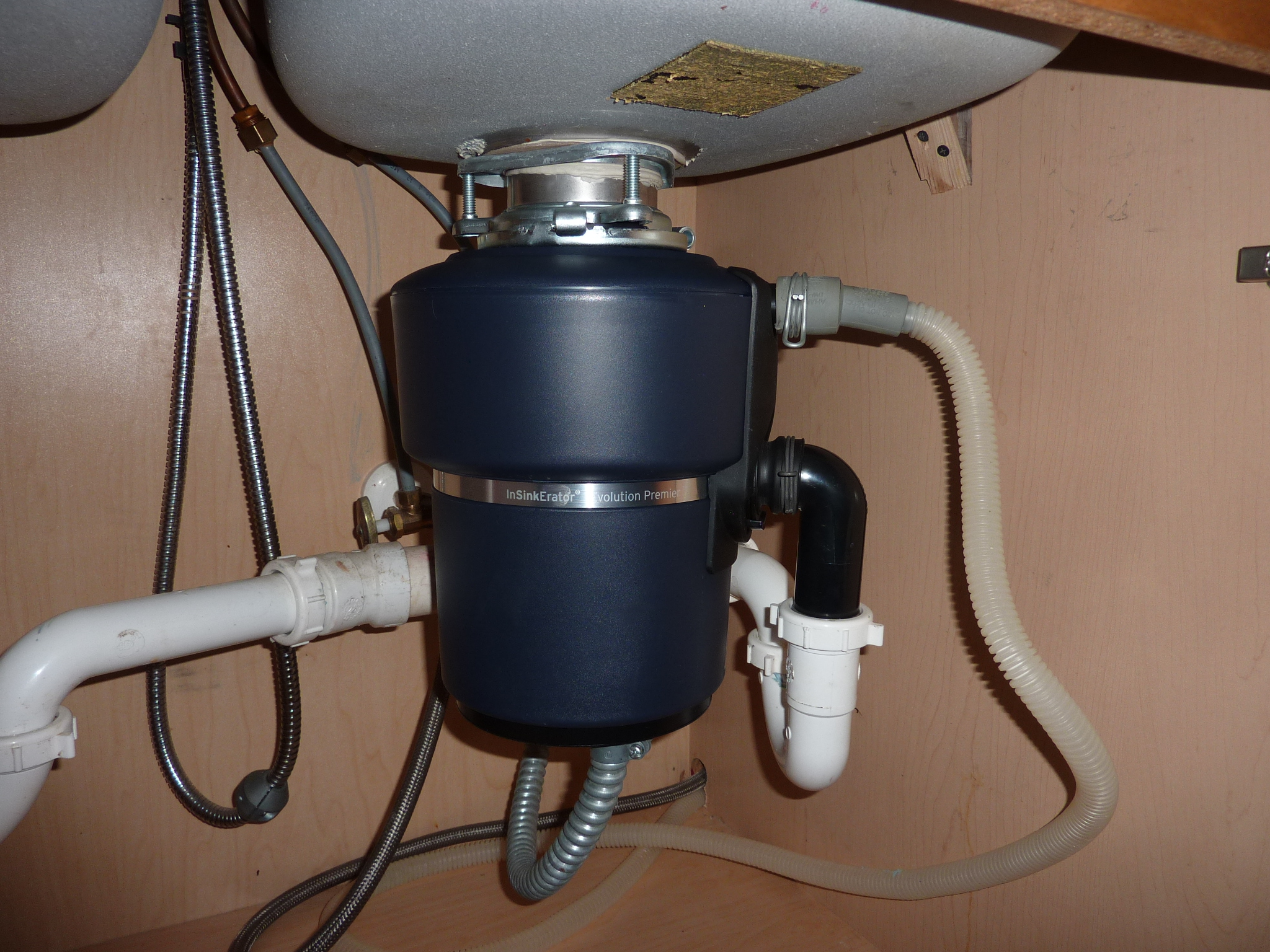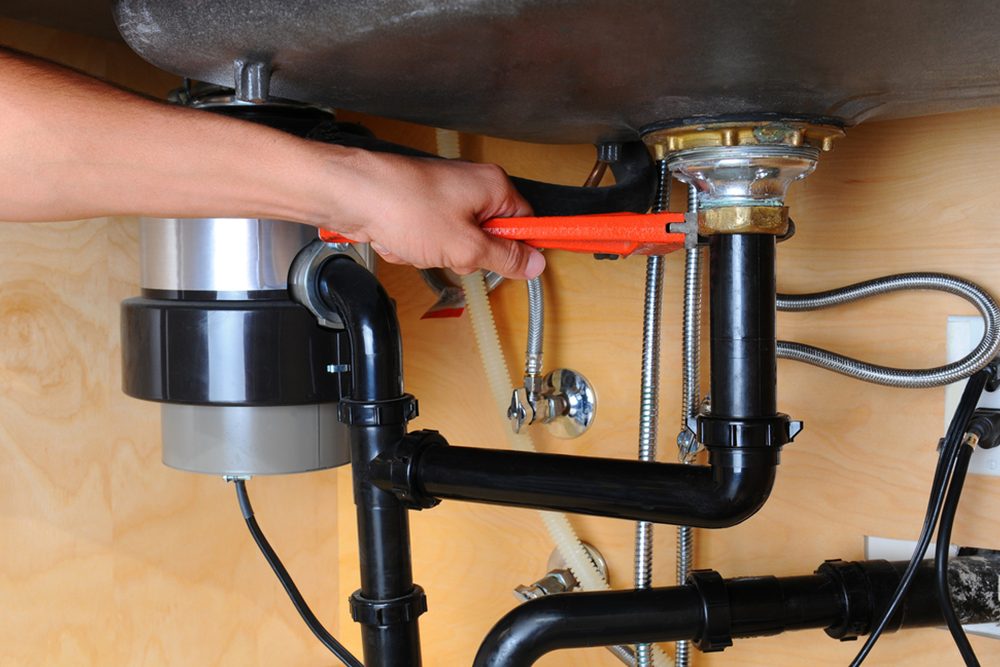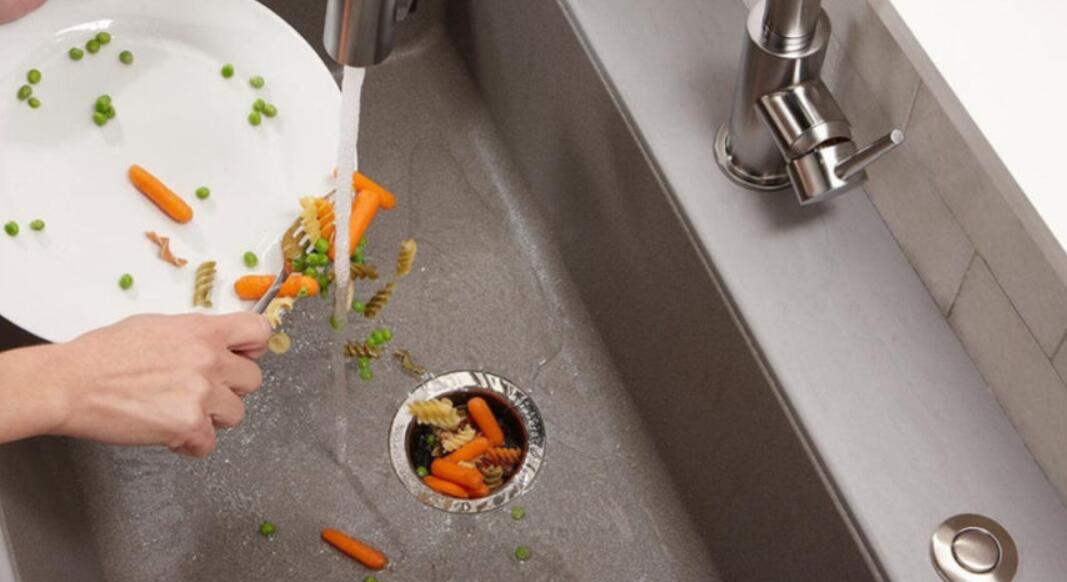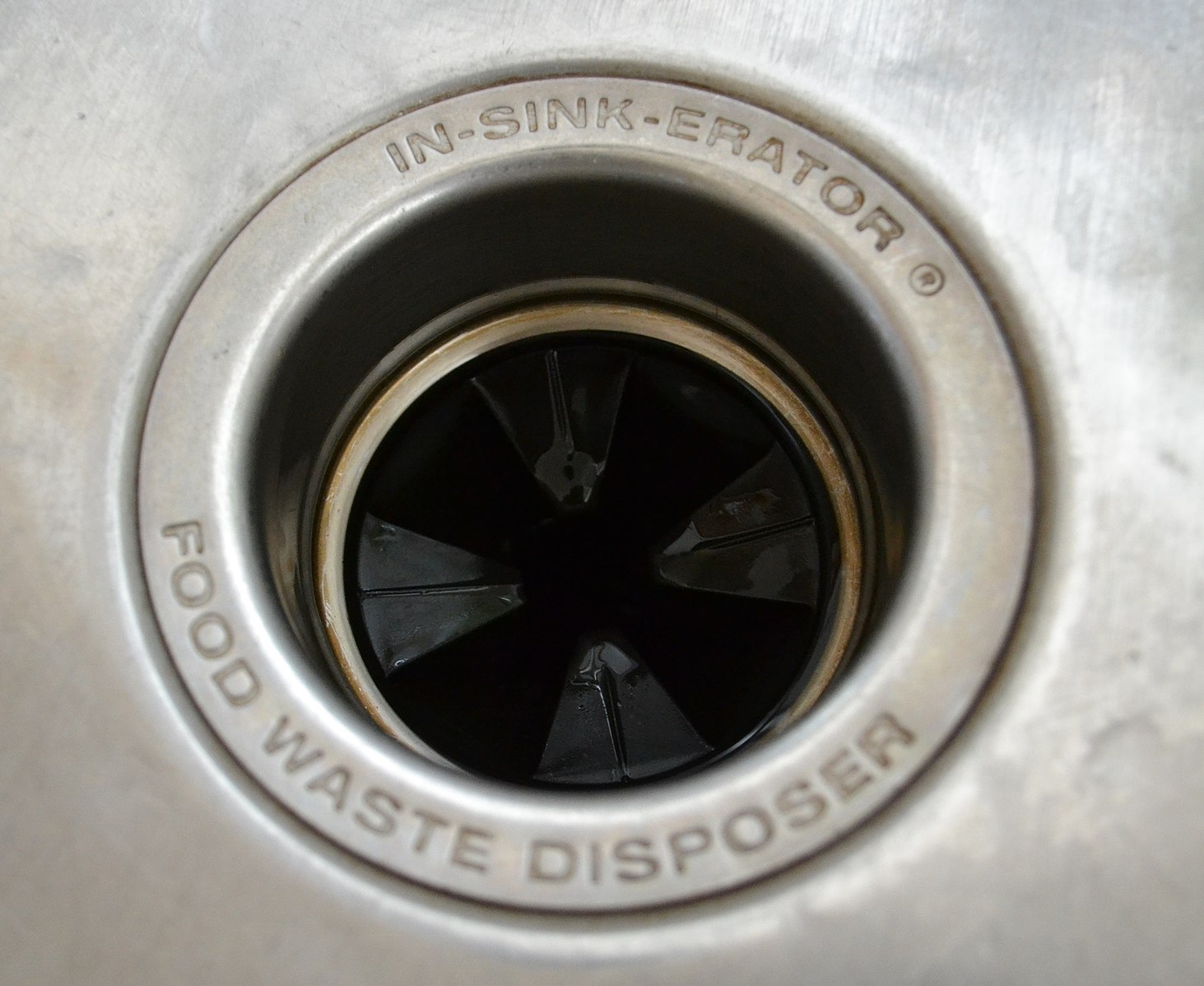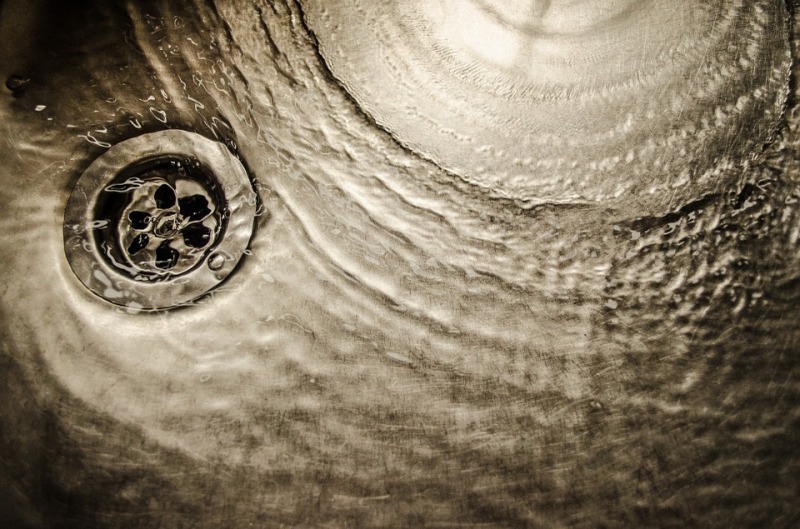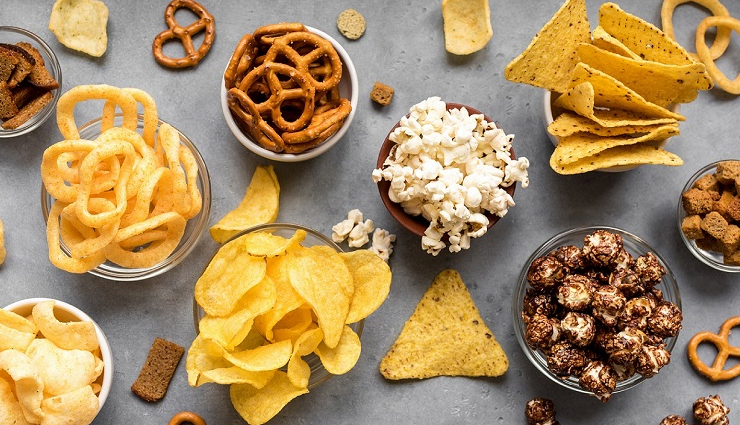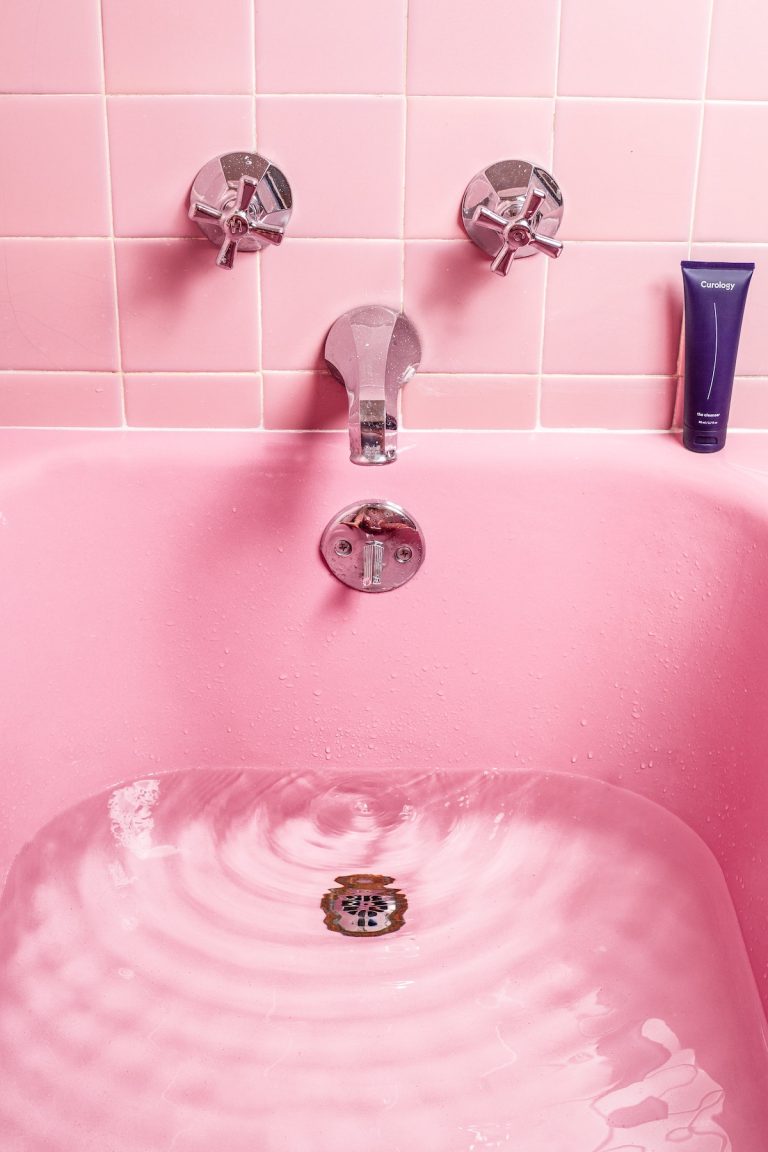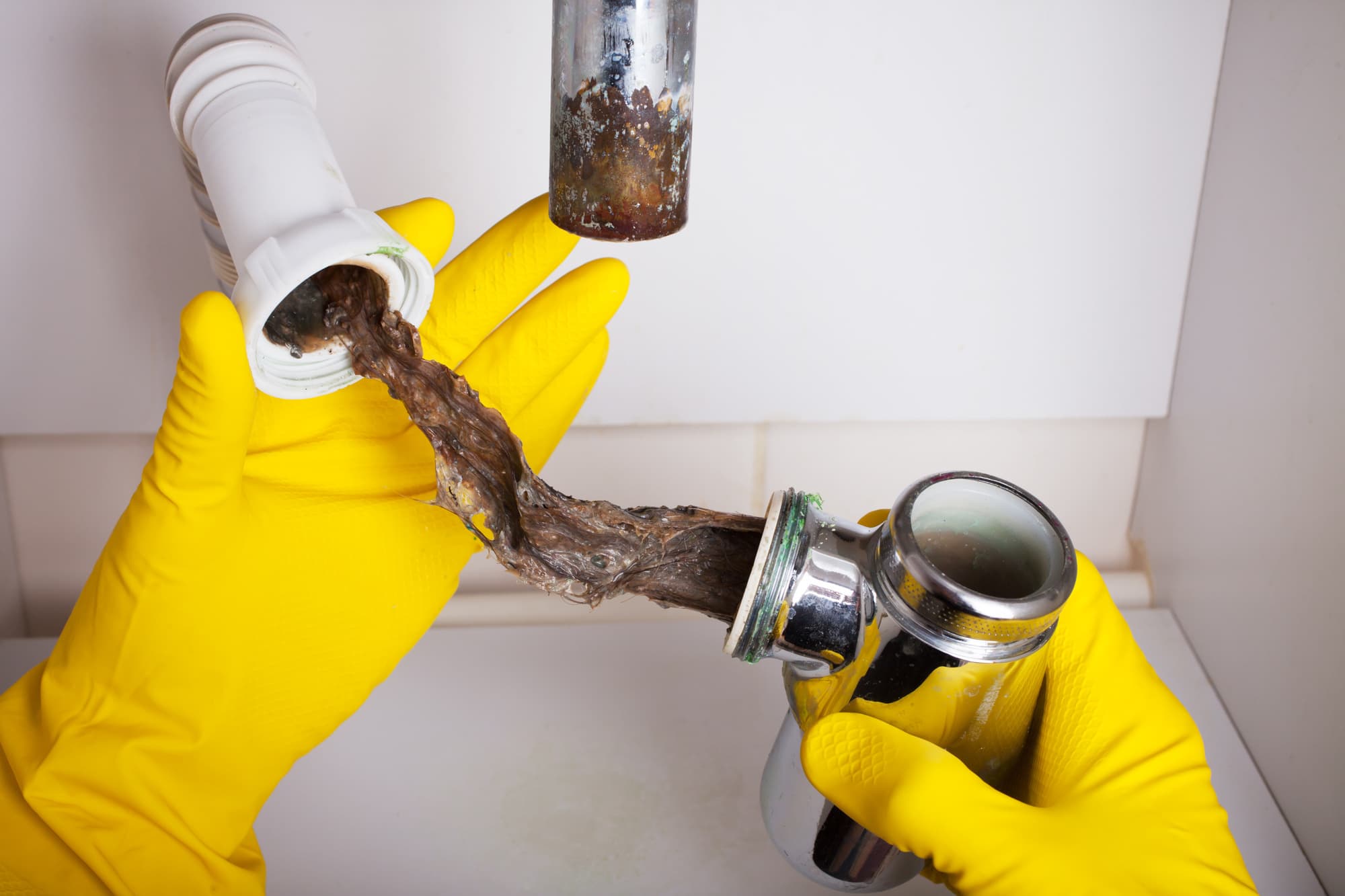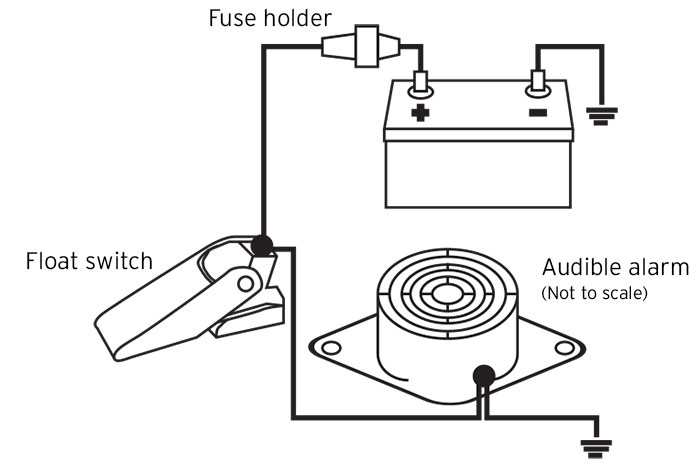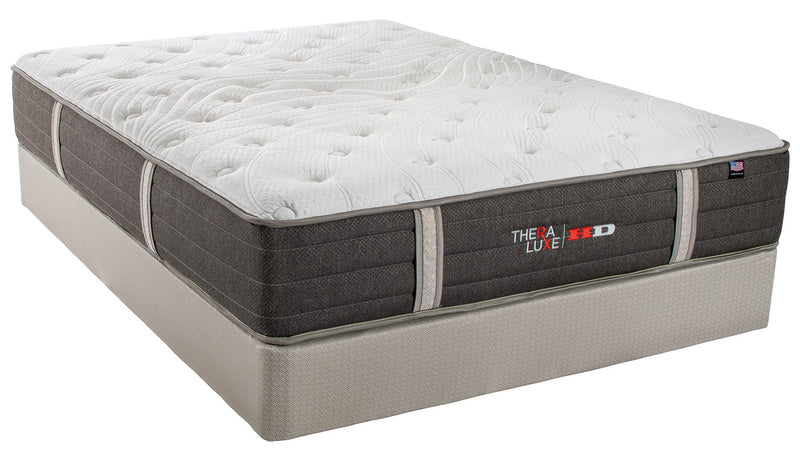1. Install an Overflow Drain
One of the best ways to prevent kitchen sink overflow is by installing an overflow drain. This is a drain that is placed higher than the main drain and acts as a backup in case the main drain gets clogged or overwhelmed with water. If you have a garbage disposal, it is recommended to have an overflow drain installed to prevent any potential overflow issues.
Not only does an overflow drain prevent kitchen sink overflow, but it also helps to protect your home from water damage. If your main drain gets clogged, the water will be diverted to the overflow drain instead of flooding your kitchen.
2. Use a Sink Strainer
A sink strainer is a simple but effective tool in preventing kitchen sink overflow. It is placed over the drain and catches any food particles or debris that can cause clogs. This not only prevents overflow but also helps to keep your pipes clean and free from blockages.
Be sure to clean your sink strainer regularly to ensure it is working properly. Kitchen sink overflow can easily occur if the strainer is clogged with debris, causing water to back up and overflow.
3. Regularly Clean Your Sink
Another important step in preventing kitchen sink overflow is to regularly clean your sink. This includes not only the visible areas but also the pipes underneath. Over time, food particles, grease, and other debris can build up in your pipes, causing clogs and potential overflow.
Use a mixture of hot water and vinegar to flush out your pipes and keep them clean. This will also help to eliminate any foul odors that may be coming from your sink.
4. Don't Pour Grease Down the Drain
Pouring grease down the drain is a common mistake that many homeowners make. While it may seem convenient, it can lead to major plumbing issues, including kitchen sink overflow. Grease hardens as it cools, creating a sticky substance that can easily clog your pipes.
Instead of pouring grease down the drain, collect it in a container and dispose of it in the trash once it has solidified.
5. Use a Plunger
If you notice that your kitchen sink is draining slowly, it may be a sign of a clog. Using a plunger can help to dislodge any blockages and prevent an overflow from occurring. Make sure to cover the overflow drain with a damp cloth before plunging to create a strong suction.
For stubborn clogs, you may need to use a plumbing snake to remove the blockage.
6. Check for Leaks
Regularly checking for leaks in your kitchen sink can help to prevent an overflow. Even small leaks can lead to a buildup of water that can eventually overflow. Look for any signs of leaks, such as water stains or drips, and address them immediately to prevent any potential issues.
7. Use a Garbage Disposal
A garbage disposal is a great tool for preventing kitchen sink overflow. It helps to break down larger food particles that can cause clogs and allows water to drain freely. Just be sure to only dispose of small amounts of food at a time to prevent overwhelming the disposal and causing an overflow.
8. Avoid Clogging Foods
Some foods are notorious for causing clogs in kitchen sinks. These include fibrous foods like celery and potato peels, as well as starchy foods like rice and pasta. Avoid putting these foods down your sink to prevent clogs and potential overflows.
9. Use a Drain Snake
If you have a stubborn clog that cannot be removed with a plunger, a drain snake can be a useful tool. This long, flexible tool is inserted into the drain and can help to break up and remove clogs. It is important to use a drain snake carefully to avoid causing damage to your pipes.
10. Install a Water Alarm
If you want an extra layer of protection against kitchen sink overflow, consider installing a water alarm. This device will sound an alarm if it detects any excess water, giving you time to address the issue before an overflow occurs. It is especially useful for those who have a tendency to forget to turn off the faucet or have a history of plumbing issues.
By following these tips and taking preventative measures, you can avoid the headache and potential damage of a kitchen sink overflow. Be sure to regularly maintain your sink and address any issues promptly to keep your kitchen running smoothly.
Why Preventing Kitchen Sink Overflow is Essential for a Well-Designed Home
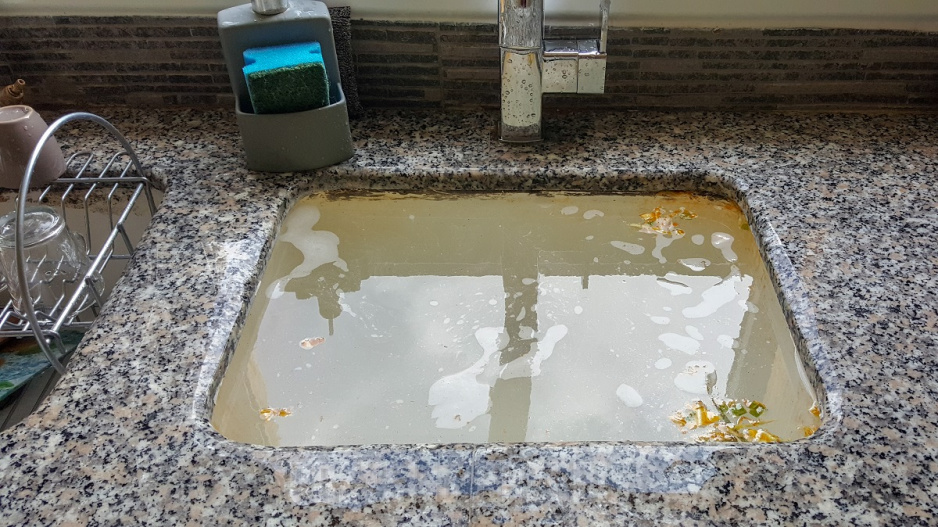
Efficiency and Functionality
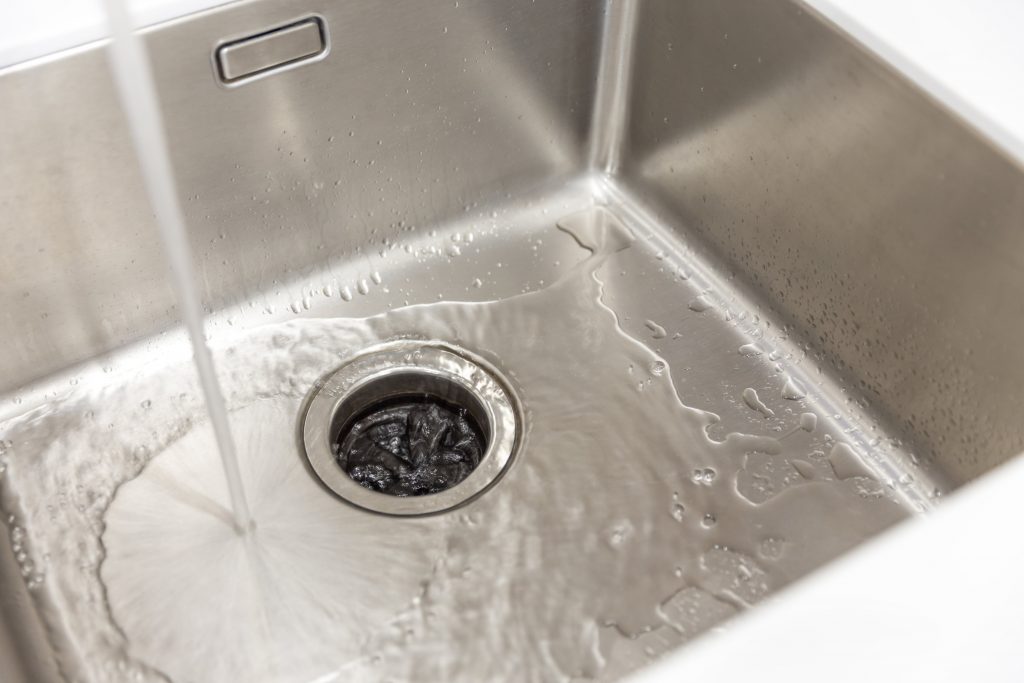 When it comes to designing a home, efficiency and functionality are key factors that need to be considered. The kitchen, being one of the most used areas in a house, requires special attention to ensure smooth and hassle-free use. This is where preventing kitchen sink overflow becomes crucial.
Overflowing sinks can cause major inconvenience and disrupt the flow of any household.
Imagine a scenario where you are preparing a meal and suddenly you have to deal with a flooded kitchen. Not only is it a time-consuming and frustrating situation, but it can also lead to potential damage to your kitchen and even your home.
When it comes to designing a home, efficiency and functionality are key factors that need to be considered. The kitchen, being one of the most used areas in a house, requires special attention to ensure smooth and hassle-free use. This is where preventing kitchen sink overflow becomes crucial.
Overflowing sinks can cause major inconvenience and disrupt the flow of any household.
Imagine a scenario where you are preparing a meal and suddenly you have to deal with a flooded kitchen. Not only is it a time-consuming and frustrating situation, but it can also lead to potential damage to your kitchen and even your home.
Preventing Water Wastage
 Another important aspect to consider in house design is sustainability. With growing concerns about water scarcity and the environment, it is essential to
conserve water whenever possible.
An overflowing sink not only leads to wastage of water but also adds to your water bill. By taking preventative measures to avoid kitchen sink overflow, you are not only
saving water but also reducing your household expenses
in the long run.
Another important aspect to consider in house design is sustainability. With growing concerns about water scarcity and the environment, it is essential to
conserve water whenever possible.
An overflowing sink not only leads to wastage of water but also adds to your water bill. By taking preventative measures to avoid kitchen sink overflow, you are not only
saving water but also reducing your household expenses
in the long run.
Cleanliness and Hygiene
 A well-designed home is not just about aesthetics, but also about maintaining cleanliness and hygiene. An overflowing sink is not only a messy sight but also a breeding ground for bacteria and germs.
Unclogging a sink full of dirty water is not only a hassle, but it can also pose a health risk for you and your family.
By preventing kitchen sink overflow, you are ensuring a clean and hygienic kitchen, which is essential for a healthy home.
A well-designed home is not just about aesthetics, but also about maintaining cleanliness and hygiene. An overflowing sink is not only a messy sight but also a breeding ground for bacteria and germs.
Unclogging a sink full of dirty water is not only a hassle, but it can also pose a health risk for you and your family.
By preventing kitchen sink overflow, you are ensuring a clean and hygienic kitchen, which is essential for a healthy home.
Prevent Costly Repairs
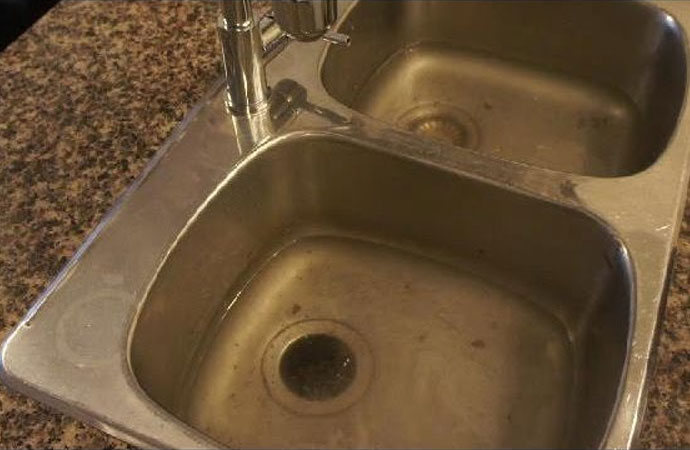 Kitchen sink overflow can lead to water damage not just in your kitchen, but also in other areas of your home. This can result in costly repairs and even mold growth, which can be harmful to your health.
By taking preventative measures, you are saving yourself from the headache and expense of dealing with a major plumbing issue.
It is always better to be proactive and prevent a problem rather than dealing with the consequences later on.
In conclusion,
preventing kitchen sink overflow is an essential part of a well-designed home.
Not only does it ensure efficiency, water conservation, cleanliness, and hygiene, but it also helps prevent costly repairs and inconveniences. By following simple preventative measures, such as regularly checking and cleaning your sink drains, using a sink strainer, and avoiding putting large food scraps down the drain, you can ensure a smoothly functioning kitchen and a happy household.
Kitchen sink overflow can lead to water damage not just in your kitchen, but also in other areas of your home. This can result in costly repairs and even mold growth, which can be harmful to your health.
By taking preventative measures, you are saving yourself from the headache and expense of dealing with a major plumbing issue.
It is always better to be proactive and prevent a problem rather than dealing with the consequences later on.
In conclusion,
preventing kitchen sink overflow is an essential part of a well-designed home.
Not only does it ensure efficiency, water conservation, cleanliness, and hygiene, but it also helps prevent costly repairs and inconveniences. By following simple preventative measures, such as regularly checking and cleaning your sink drains, using a sink strainer, and avoiding putting large food scraps down the drain, you can ensure a smoothly functioning kitchen and a happy household.



